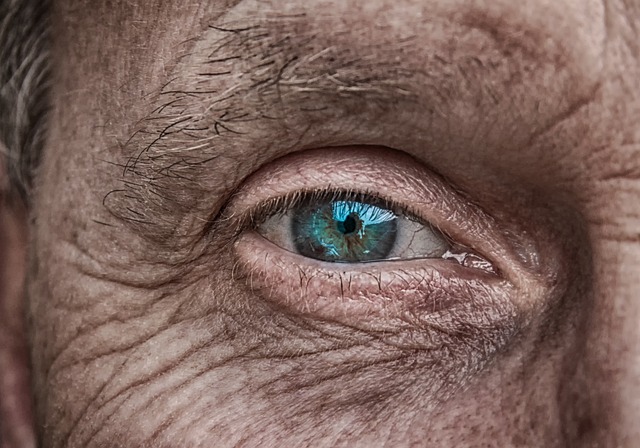
Living in the sunny climate of Pahrump comes with many benefits, but it also brings a higher risk of developing skin cancer. The desert southwest region experiences intense ultraviolet (UV) radiation, which can be harmful to the skin. Understanding the dangers of skin cancer and implementing preventive measures is crucial for maintaining good skin health. Let’s explore the risks associated with skin cancer in Pahrump and provide practical ways to protect yourself.
The Sun’s Role in Skin Cancer: The primary cause of skin cancer is exposure to the sun’s harmful UV rays. Pahrump’s sunny climate, with its clear skies and abundant sunshine, amplifies this risk. UV radiation damages the DNA in skin cells, leading to mutations that can result in skin cancer over time. It is important to note that skin cancer can affect people of all skin types, regardless of skin color or ethnicity.
Types of Skin Cancer: The most common types of skin cancer are basal cell carcinoma, squamous cell carcinoma, and melanoma. Basal cell carcinoma and squamous cell carcinoma typically appear on areas frequently exposed to the sun, such as the face, neck, and arms. Melanoma is the most aggressive form of skin cancer and can develop anywhere on the body, including areas not typically exposed to the sun.
Prevention Tips:
- Sunscreen: Apply a broad-spectrum sunscreen with an SPF of 30 or higher, even on cloudy days. Reapply every two hours and after swimming or sweating.
- Protective Clothing: Wear long sleeves, wide-brimmed hats, and sunglasses that block UV rays to shield your skin and eyes from direct sunlight.
- Seek Shade: Limit sun exposure during peak hours, typically between 10 a.m. and 4 p.m. If you must be outside, seek shade under umbrellas, trees, or other structures.
- Avoid Tanning Beds: Tanning beds emit UV radiation, which significantly increases the risk of skin cancer. It is best to avoid them altogether.
- Regular Skin Checks: Perform monthly self-examinations to identify any new or changing moles, lesions, or unusual spots on your skin. If you notice anything suspicious, consult a dermatologist promptly.
The Importance of Early Detection: Early detection plays a crucial role in successfully treating skin cancer. Regularly visiting a dermatologist for comprehensive skin examinations can help identify any potential signs of skin cancer at an early stage. Dermatologists are skilled at identifying abnormalities and can perform biopsies or recommend further treatment if necessary.
Living in Pahrump means enjoying a sunny climate, but it also means being mindful of the increased risk of skin cancer. By understanding the dangers of UV radiation and adopting preventive measures, such as applying sunscreen, wearing protective clothing, seeking shade, and regularly examining your skin, you can significantly reduce your risk of developing skin cancer. Remember, early detection is key, so consult a dermatologist if you notice any suspicious changes on your skin. Take proactive steps to protect your skin and enjoy the beautiful desert southwest while staying safe and healthy.






